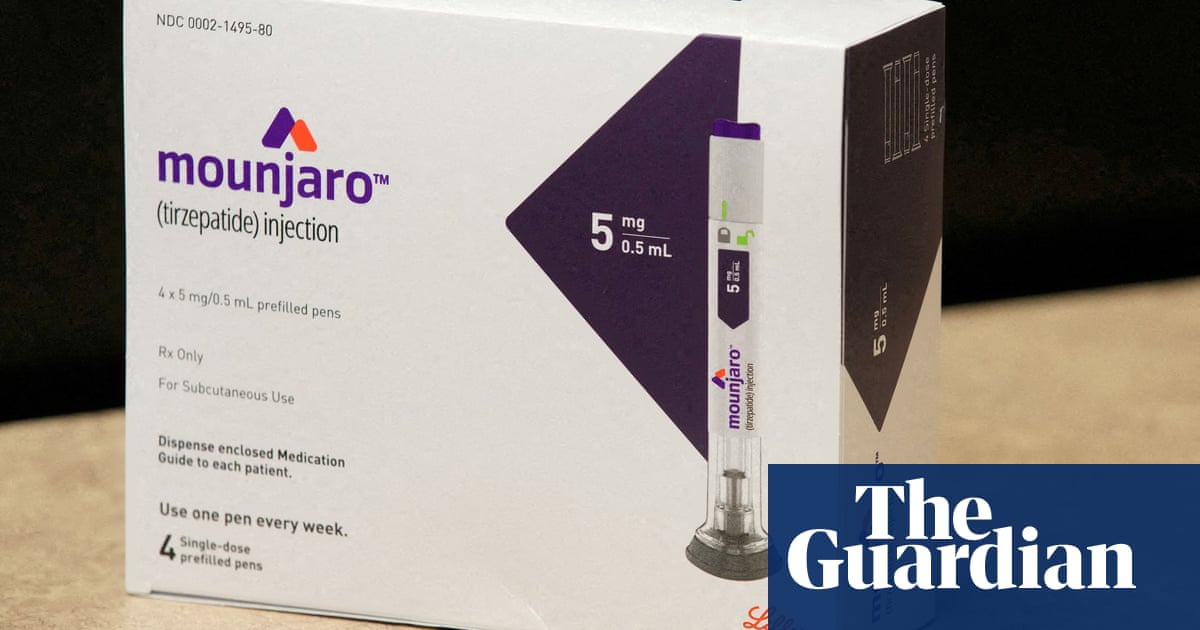The UK's bet on GLP1
A look at the UK's growing evaluation and use of GLP1 receptor agonists -- Ozempic, Mounjaroy, Wegovy, Zepbound and more.

Just as obesity is a global issue, GLP1 Receptor Agonists are increasingly looking like a global solution. Every country in the world with citizens that struggle with obesity and type 2 diabetes is jockeying for access and the ability to produce GLP1 Receptor Agonists.
Check out our quick explainer
Tirzepatide (Mounjaro, Zepbound) approved in the UK for Obesity in June
One of the biggest moves this year has been the UK's approval of Tirzepatide (the GLP1 formulation used in brands Mounjaro and Zepbound) for use in treating obesity:

The UK now has official guidance that recommends the use of Tirzepatide in treating patients with Obesity, produced by the National Institute for Health and Care Excellence (NICE):
Building patient confidence in GLP1s in the UK
The UK has undergone many steps to start increasing confidence in the viability and safety of GLP1 Receptor Agonists in the UK. One of which is producing an extensive Frequently Asked Questions (FAQ) document on the drugs that can be accessed online:
As of earlier this year there were only 6 GLP1 Receptor Agonists available in the UK:
- Exenatide (Byetta)
- Liraglutide (Victoza/Saxenda)
- Lixisenatide (Adlyxin)
- Dulaglutide (Trulicity)
- Semaglutide (Ozempic, Wegovy)
- Tirzepatide (Mounjaro, Zepbound)
This list is bound to grow as more drugs pass the quality standards set by the UK and other countries, but it is clear that the UK is not shy about allowing GLP1 Receptor Agonists onto it's list of approved medications.
UK warnings of side effects in October
As use has increased in the UK, health care professionals are also being warned about the possibility of misuse of the drugs.

Clearly, GLP1 Receptor Agonists are not miracle drugs (nor are they purely for vanity), and they do have side effects that can be serious. We've covered many of them, and actively look for more:

The UK also keeps helpful explainers on hand to ensure patients are up to date on the possible side-effects of GLP1 receptor agonists:

Though we find that there are more serious side effects, the most prominently listed ones on the NHS website are:
- Feeling sick (nausea) and diarrhoea (these usually go away with time)
- Stomach pains
- Constipation (when you find it hard to poo or go to the toilet less often than usual)
- Having less appetite
- Low blood sugar (hypoglycaemia or hypos)
- Headaches
- Skin reactions if you inject your medicine
Compared to many other medications meant to treat even more benign diseases, this is a relatively small side effect list, and a cause for celebration, given the efficacy of GLP1 Receptor Agonists, as a class of drugs.
Another area of concern has been the effect of GLP1 Receptor Agonists on pregnancies, and the UK's Teratology Information Service (UKTIS) has responded to this head on:

Importantly they have found that there is no current evidence of negative effects of GLP1s on pregnancies or an increase in miscarriages or related issues that can be attributed to GLP1 Receptor Agonists:
Evidence regarding the safety of GLP-1 RAs in pregnancy is limited, consisting of a small number of uncontrolled case reports and two controlled studies which describe pregnancies where GLP-1 RAs were mainly discontinued in early to mid-pregnancy. As such, limited conclusions can be provided about the safety of longer-term GLP-1 RA use in pregnancy. However, GLP-1 RAs have high molecular masses, and therefore, placental transfer is not expected.
While a lack of evidence of danger does not mean GLP1s are cleared as safe, it is somewhat good news that there are no direct correlations found yet.
That said, UKTIS and other health organizations routinely suggest weight loss prior to/during pregnancy via eating a healthy diet and being active, not GLP1 receptor agonists or even caloric deficits for safety reasons:
Obesity is associated with increased risks of adverse pregnancy and fetal outcomes, and obese women are encouraged to eat a balanced healthy diet and be physically active (moderate-intensity). Dieting through calorie deficit, and anti-obesity or weight loss medications are not routinely recommended in pregnancy.
Another narrative that the UK has sought to restrict is the idea of GLP1 receptor Agonists as beauty drugs – they're meant to treat type 2 diabetes and obesity where possible, and not intended to be used purely for vanity reasons.









